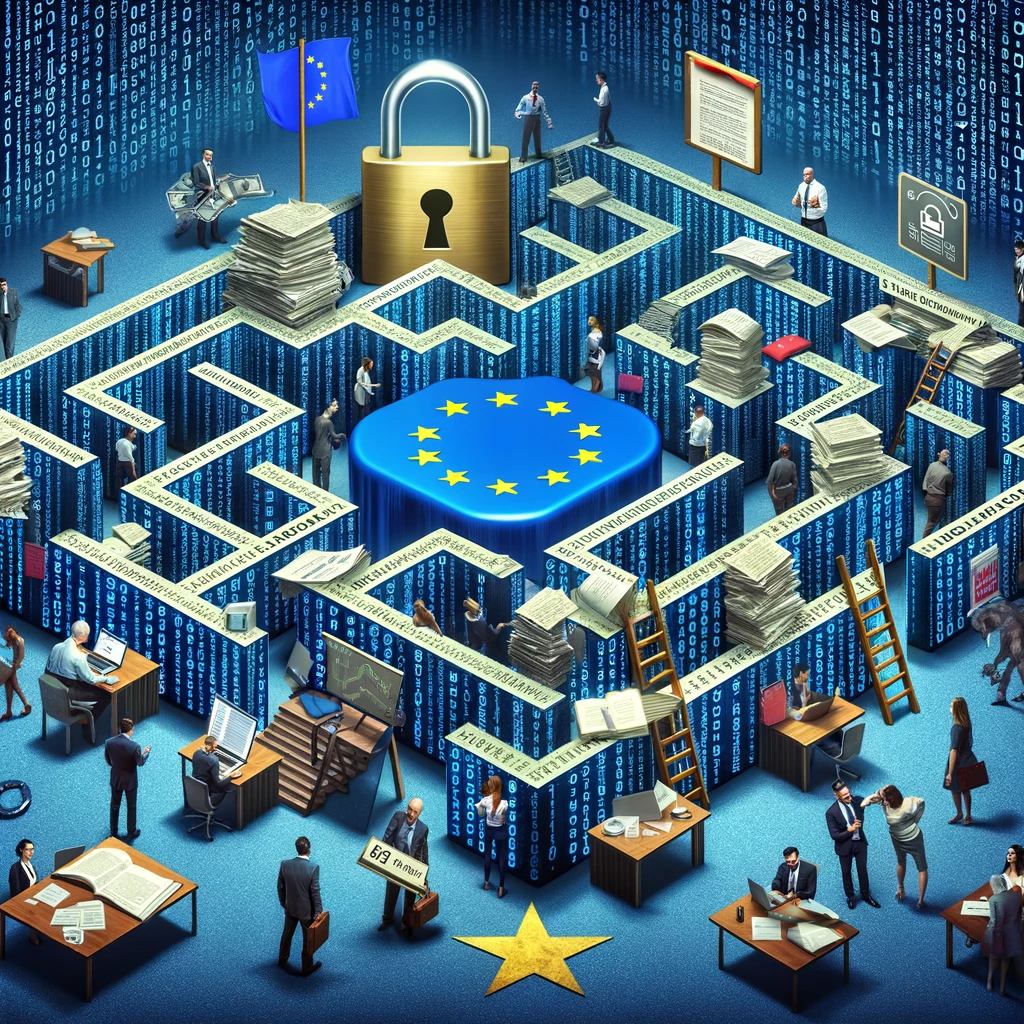Navigating the European Union’s privacy standards, particularly the General Data Protection Regulation (GDPR), presents organizations with a multifaceted challenge. Since its introduction in May 2018, GDPR aims to empower individuals with greater control over their personal data while imposing strict guidelines for data handlers. Here are some GDPR compliance challenges and strategies.
Understanding and Implementing GDPR: First and foremost, organizations must thoroughly understand GDPR’s extensive rules. This step involves identifying and categorizing personal data, understanding the legal basis for processing data, and setting up clear consent procedures.
Strengthening Data Protection: Implementing robust data protection measures is a crucial but demanding task. Organizations must protect data securely, minimize data collection, and maintain transparent data processing policies.
Upholding Data Subject Rights: GDPR empowers individuals with several rights, including access to their data, the right to request data deletion, and data portability. Organizations need efficient systems to manage these requests effectively.
Managing International Data Transfers: Transferring data outside the EU comes under strict scrutiny. Organizations must ensure these transfers comply with GDPR standards, often requiring additional legal agreements or adherence to frameworks like the EU-US Privacy Shield.
Integrating Data Protection Officers (DPOs): In many cases, GDPR requires organizations to appoint a DPO. Hiring, training, and integrating a DPO is a complex and resource-intensive process.
Ensuring Ongoing Compliance: Staying compliant with GDPR is a continuous process. Organizations should regularly review and update their data protection policies and provide ongoing staff training.
Managing Vendor Compliance: Ensuring that vendors and service providers comply with GDPR is crucial. This requires diligent due diligence and contract management.
Handling Breaches and Understanding Penalties: GDPR requires organizations to report data breaches within 72 hours, a demanding task. Moreover, non-compliance with GDPR can lead to significant fines.
In Summary
Meeting EU privacy standards under GDPR involves a comprehensive approach encompassing legal, technical, and organizational aspects. It demands in-depth regulation knowledge, a firm commitment to data protection, and a continuous effort to remain compliant.

